
Politics & Society
Australia’s incredible shrinking Department of Foreign Affairs and Trade
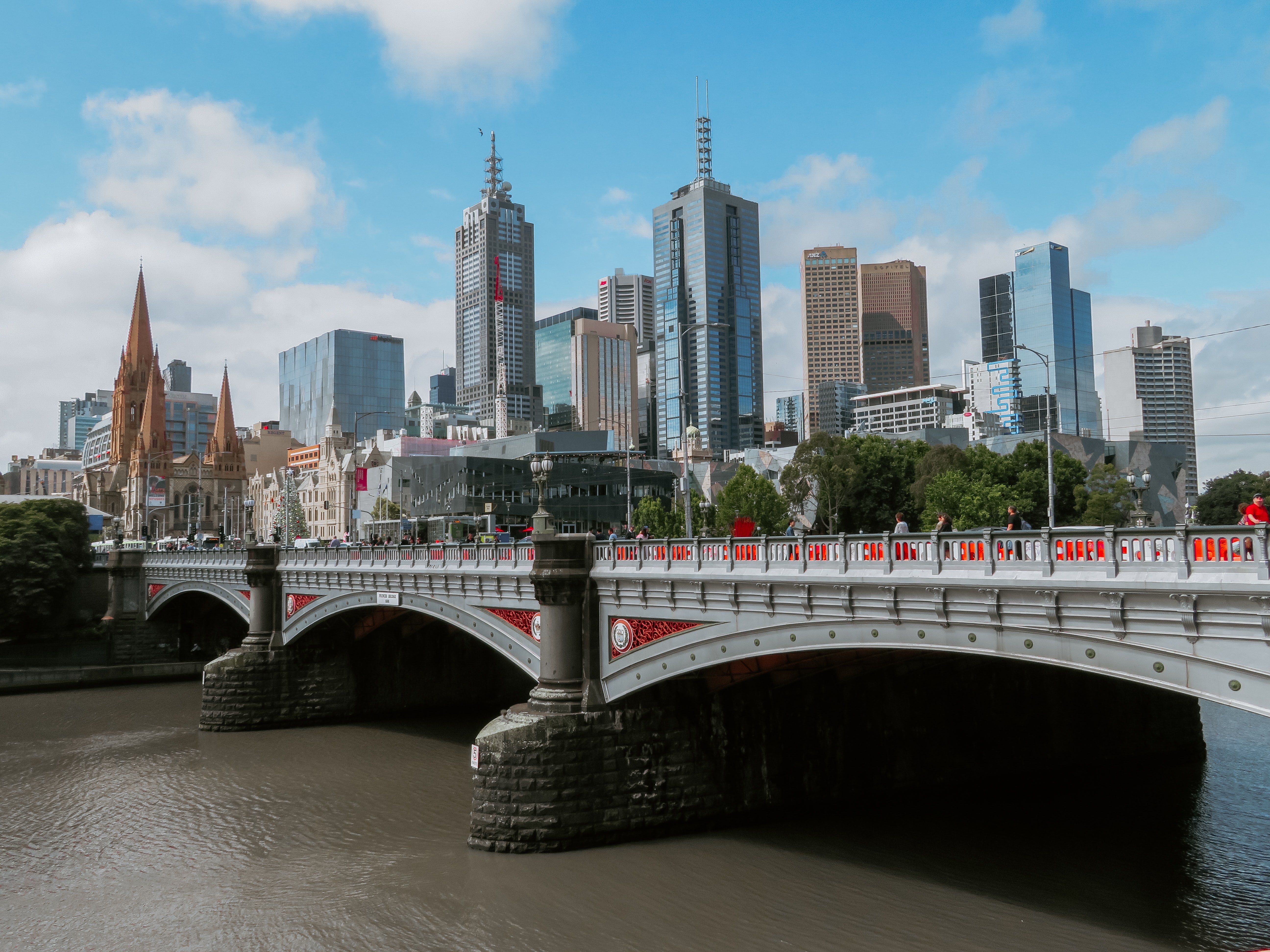
The federal government has proposed legislation to veto international city agreements if inconsistent with national foreign policy. But cities are often leading the way on global challenges
Published 10 September 2020
The Morrison government recently announced the introduction of new legislation which would give it the power to review and potentially cancel agreements that state and territory governments, local councils and universities within Australia make with foreign entities.
The legislation has been predominately prompted by the Victorian Government’s well-publicised memorandum of understanding with China to work together on their Belt and Road Initiative.
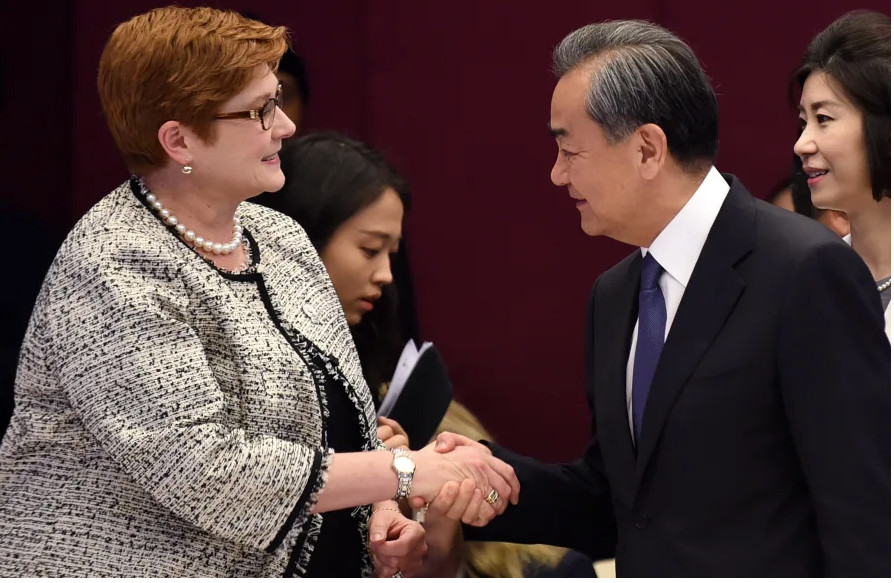
The premise of the new legislation is that the Commonwealth Government has exclusive responsibility for conducting Australia’s foreign affairs. While often accepted, this is a claim with some legal ambiguity.

Politics & Society
Australia’s incredible shrinking Department of Foreign Affairs and Trade
It is also at odds with a global trend toward the leaders of sub-national political entities conducting diplomacy, and doing so often in ways that do not align with national foreign policy objectives.
One example of this is ‘city diplomacy’, the emerging capacity of city governments to represent their constituencies abroad through transnational city-to-city collaboration, engagement with international organisations and even direct involvement in multilateral fora like those of the United Nations. This type of city diplomacy is now internationally widespread.
The majority of the world’s population lives in urban areas, and city governments have closer engagement and accountability to their voters, as well as typically less polarised politics. The case has been made that cities have the potential to collaboratively address global challenges such as climate change, where national governments have consistently proven ineffective.
While we do not subscribe to the notion of cities saving the planet alone, there is a case to be made that ‘consistency’ in all areas of foreign policy may not be what we need when traditional state-based diplomacy has consistently failed to produce solutions to major global challenges such as climate change.
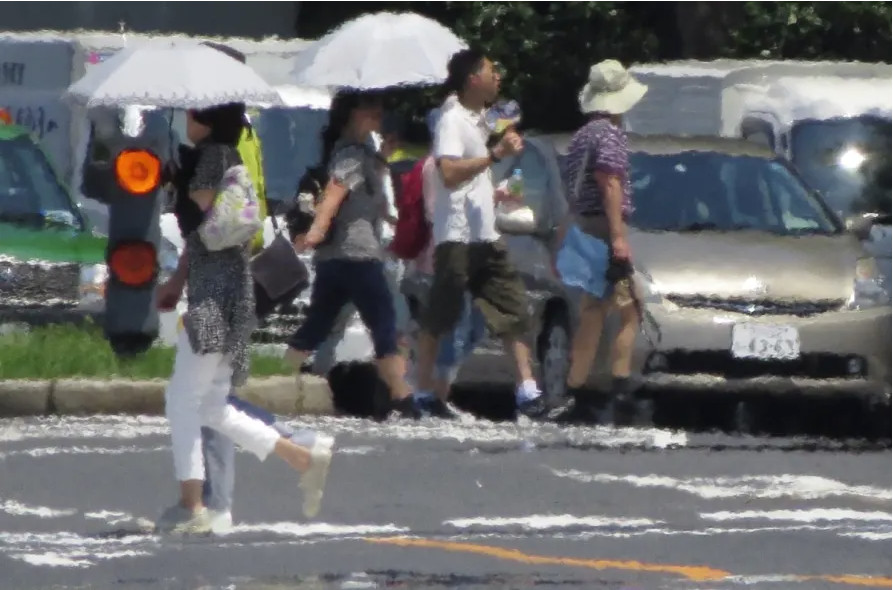
There is evidence of the effectiveness of city diplomacy across a range of policy areas. One of the major forms it has taken is transnational city networking, where groups of cities band together to share knowledge and resources and jointly advocate for urban agenda on the international stage.

Our research has shown a dramatic increase in the ranks of these networks, especially since the 1990s, and they are now estimated to number over 300 with well over 10,000 local authorities of different kinds engaged in city diplomacy within and across borders.
The range of policy areas these networks are working across is also increasing, addressing issues as diverse as migration, health, gender equity, sustainable development and peace and security.
Some of these groups have catalysed major progressive steps toward meeting global challenges. For example, C40 Cities, a network of 96 large cities representing over a quarter of the global economy has prompted to date over 15,000 individual climate actions amongst their member cities alone.
In addition to their continuing work on mitigating climate change, C40 Cities quickly pivoted with the outbreak of COVID-19, convening a global COVID-19 taskforce of their mayors, including Melbourne and Sydney, to share common response strategies, as well as establishing a set of joint principles and a knowledge base.

Similar efforts have been put in place with metropolitan authorities by the Metropolis network or across the OECD by the Champions Mayors initiative, to name but two others.

Politics & Society
A not-so silent night
The Mayors Migration Council, an international group of cities advocating for more inclusive responses to migrants and refugees had soon developed a hub for cities to share COVID-19 response strategies that are inclusive of marginalised groups.
The collaborative, flexible and pragmatic responses of cities internationally has often stood in contrast to the sluggishness of many national governments and challenges of multilateral politics.
Cities are also increasingly being recognised by international organisations as critical partners for advancing global agenda in a mostly urban world.
Following an analysis UN frameworks we found that 80 per cent of the mentions of cities in these documents have occurred since 2000. Furthermore, these mentions largely position cities as ‘actors’ in global affairs, rather than just locations.
Our forthcoming 2019 study surveying 51 cities in partnership with the Chicago Council on Global Affairs (see data from the 2017 survey) found that over 86 per cent of these had official international offices dedicated purely to international relations.
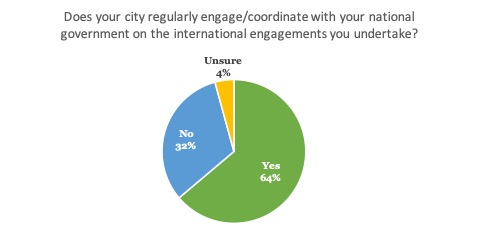
In the same study, we found that just under a third of these cities do not regularly engage or coordinate with their national governments on their international engagements (see figure 1).

Environment
Building cities for a changing climate
As such, many international organisations partner directly with cities on urban programs (see, for example UN Habitat’s projects), rather than directing these through national governments.
The Morrison government’s proposed legislation and its notion of foreign policy control also appears at odds with some of our major allies.
For example, the US Congress is currently considering a bi-partisan bill entitled the City and State Diplomacy Act, which would give greater recognition to states and cities as legitimate proponents of US foreign policy.
While this would still be coordinated under federal control, and undoubtedly the US Government would promote policy consistency among these sub-national entities, the intention of the legislation to involve more actors in foreign policy contrasts with the proposed Australian approach.
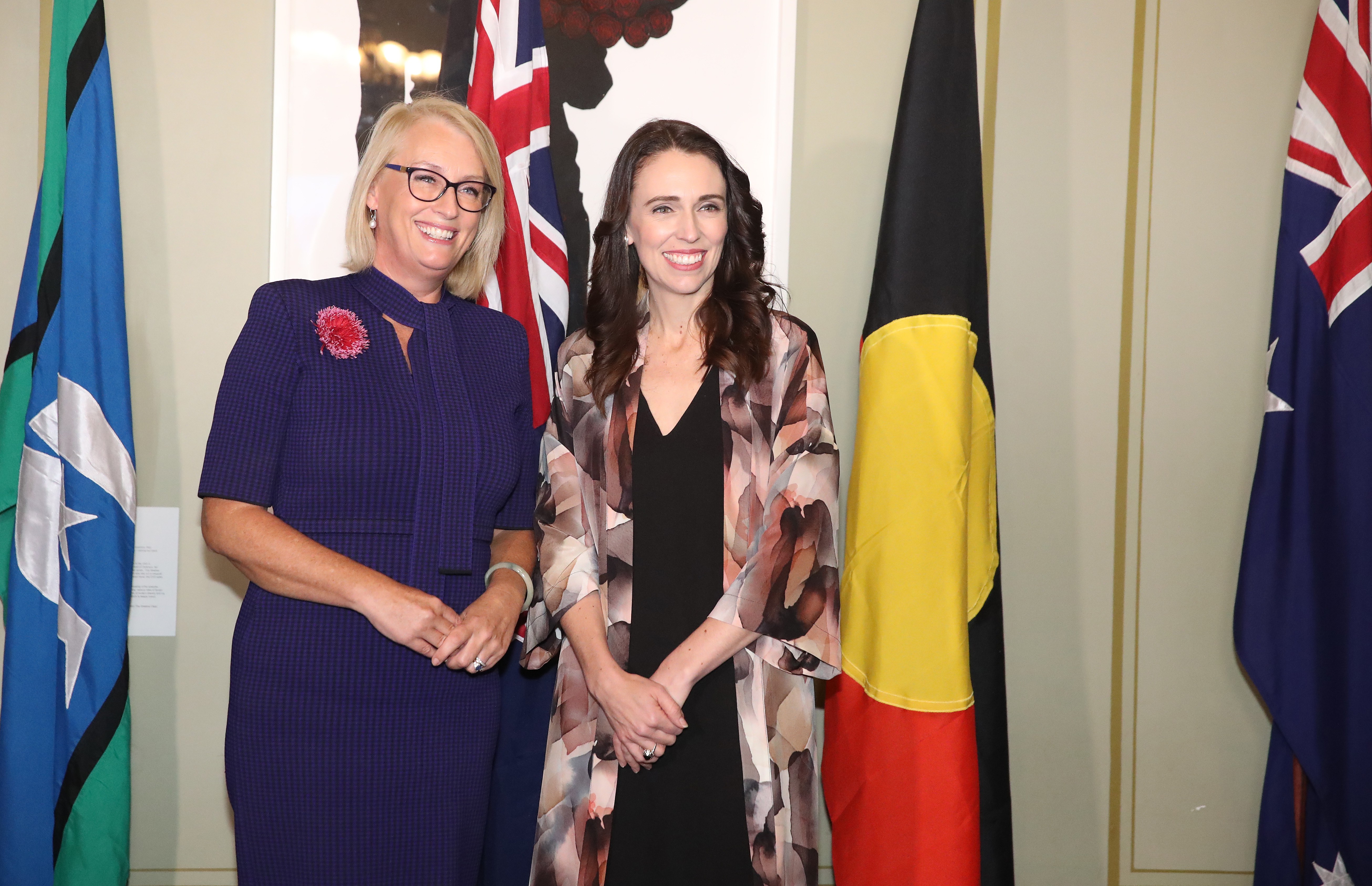
To date, city diplomacy has more often involved city-to-city commitments, or agreements between cities and international organisations, however, the new legislation leaves open the possibility of cancelling even memorandums of understanding between Australian local governments and subnational foreign governments.
It is also very possible that as nations increase their involvement in ‘global urban’ initiatives, we may see more direct agreements between city and foreign national governments.
The proposed legislation would give the federal government the ability to veto these if they deemed them inconsistent with national foreign policy.
As multilateral coordination fractures in the face of modern global challenges, the question is whether some ‘inconsistency’ might just be what our foreign policy needs.
Banner: Melbourne, Australia, Denise Jans/ Unsplash